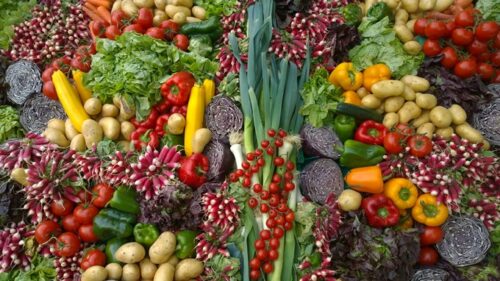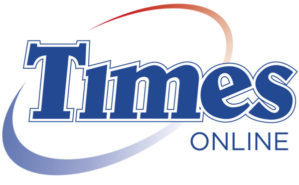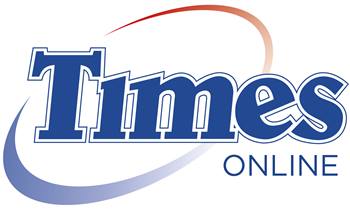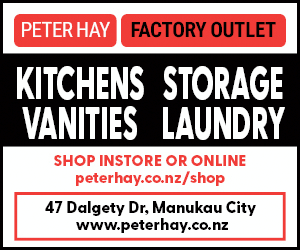
More than 30 organisations and businesses are receiving a boost in funding from Auckland Council’s Waste Minimisation Innovation Fund (WMIF).
Collectively, the 32 grant recipients – including two to local groups [see below] – will receive $528,782 for a range of projects designed to promote waste minimisation and reduce waste to landfill. Textile waste, fire extinguisher powder, polystyrene, medical supplies, and milk kegs are all getting a glow up through new recycling initiatives.
Councillor Richard Hills, chair of the Environment and Climate Change Committee, says, “The aim of this fund is to create enduring change in community behaviour and attitudes towards waste.”
The full list of recipients is available on Auckland Council’s website. The waste minimisation activities range from $5000 to $50,000 in funding from the waste levy.
Construction waste
Construction and demolition waste is the largest source of materials to landfill. It’s more than double the waste from all the weekly rubbish collections across Auckland.
“It is encouraging to see more private sector construction and demolition projects measuring their waste and trialling alternatives to landfill,” says Councillor Richard Hills.
“Less than 20 per cent of Auckland’s waste is actually from household collections, so we need private sector partners to help lead the way in their industries. There are already so many great zero waste solutions out there, and this fund gives our community the boost they need to bring the circular economy to life.”
Para kore
The Te Rourou Māpua project from Para Kore Ki Tāmaki plans to create resources for educational programmes designed to upskill marae kai mahi.
Papatūānuku Kōkiri Marae are establishing a community compost hub and collection service, using an electric bike and trailer to collect food scraps from local schools in Māngere. Their kumara garden has been admired and enjoyed by Aucklanders for generations.
Composting is very popular
Projects from the Hibiscus Coast down to Howick are helping businesses and households manage their food waste. Overall, 14 projects that keep food scraps from landfill received funding in this grant round. Food waste is almost half the weight of household rubbish, and food scraps release methane when they degrade in a landfill, so composting remains an important climate intervention.
“Aucklanders care about their environment and are committed to preserving it for future generations,” says Parul Sood, general manager Waste Solutions.
“The zero-waste vision is clear from playcentres to youth groups, business associations to construction experts, and marae and community organisations. It is inspiring to see what new ideas are being tried and what classic zero waste strategies are still having a huge impact.”








